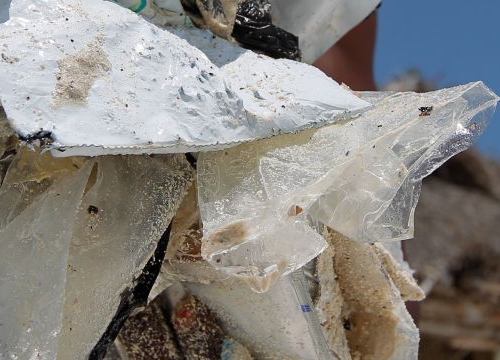Plastic Pollution: How to Turn the Tide Right
Event


UNEP

This side event during the 41st session of the United Nations Human Rights Council, co-organized with Earthjustice, will address the issue of plastic pollution.
It's not just turtles that die under a tide of plastic ! The rights to health and even to life are also now affected. The impacts of massive production of plastics and its very limited recycling are now recognized as affecting the fundamental rights of human beings on the planet. Panelists will examine these impact and how to preserve the fundamental rights by turning the tide right.
This event is organized in conjunction with our training course on the protection of human rights and the environment, which will notably focus on plastic pollution, including the impacts of plastic pollution on the marine environment and human health, the responsibilities of states and businesses, vulnerable actors and environmental justice, and mechanisms at national and international levels to address actual and potential human rights violations.
Moderator
- Yves Lador, Permanent Representative in Geneva, Earthjustice
Panelists
- David Azoulay, Managing Attorney and Director of the Environmental Health Programme, Center for International Environmental Law (CIEL)
- Adriana Bessa, Senior Research Fellow, Geneva Academy
- Kei Ohno Woodall, Programme Officer, Executive Secretary of the Basel, Rotterdam and Stockholm Conventions











